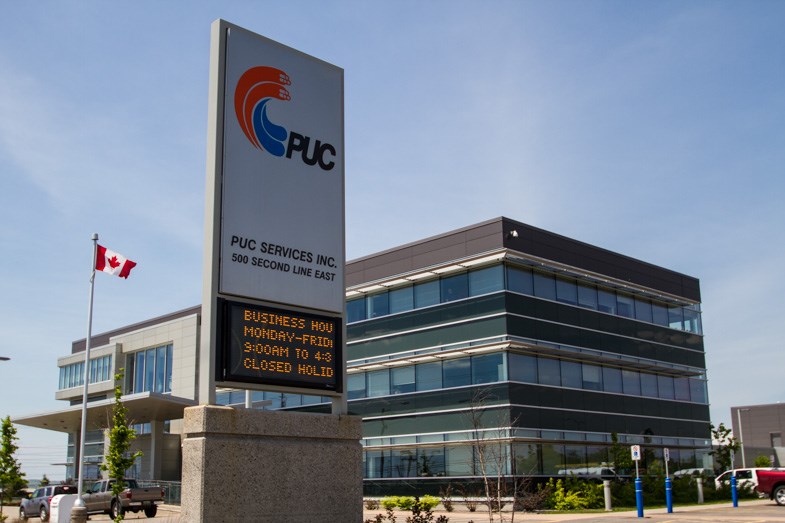Sault Ste. Marie’s smart grid energy project will receive $11.8 million from the federal government.
Announced by Sault MP Terry Sheehan on Feb. 11, the funding comes from the Smart Grid Program, part of a $180-billion program from the federal government to invest in Canada’s infrastructure.
The smart grid project will modernize the city’s electricity system, improving its efficiency, reducing power outages, and reducing the length of power interruptions.
It’s also expected to be more eco-friendly, reducing carbon dioxide emissions by 2,804 tonnes annually, the equivalent of 600 passenger cars or 420 homes.
“As a community-focused utility, we are always looking for innovative ways to help our customers save money and reduce their carbon footprint,” said Rob Brewer, president and CEO at PUC Distribution, in a news release.
“The investment this government has made in our community will not only help modernize our city's electrical distribution system – once the project is complete, Sault Ste. Marie will have access to an electricity grid that can handle the growing demands of a city in the 21st century.”
The project is anticipated to attract new industries associated with Canada’s clean energy sector, including manufacturing, e-commerce, telecommunications services and data centres.
Improvements to the network will also accommodate new energy sources, including rooftop solar.
“This is an innovative project that makes Sault Ste. Marie a leader,” noted Sault Mayor Christian Provenzano.
“We will be the first city in our country to implement a community-wide smart grid, and I thank the Government of Canada for its support. Once it is complete, the smart grid will make our energy infrastructure more reliable, reduce energy loss and lead to a more innovative economy for our community.”
City council approved the $32.8-million project, which is anticipated to create 140 jobs, last July.
Construction is expected to start in 2019, with completion slated for 2020.




